The lectionary readings for this Sunday, for the most part, revolve around the image and the idea of the Good Shepherd and, more specifically, of Jesus as the Good Shepherd who would, will, and did, lay his life down for the sheep. Psalm 23, John 10:11-18, and 1 John 3:16-24 all focus on or reflect off of this imagery.
Which is wonderful and beautiful imagery. It's a powerful metaphor for both God and Christ, and also for our relationship with Christ. It's a pretty powerful metaphor for who we are, as sheep in need of care, direction, and protection. It's a powerful metaphor that deserves detailed unpacking and careful thought and consideration.
However...
This week, I am feeling drawn to the passage from Acts which appears in the lectionary, almost as an outlier passage. Acts 4:5-12 doesn't connect with the metaphor or the image of the Good Shepherd that appears in the other three passages for the day, but instead creates another image and metaphor for us to ponder.
First, it begins with an inquisition. Peter and John had been arrested for the work that they had been doing in the community and the things that they had been saying. Specifically, the healing of a lame man by Peter (Acts 3:2-6) and the proclamation of faith that he made, especially his teaching that in Jesus there is the resurrection of the dead (Acts 4:2).
Our reading for the day picks up the next day, as the inquisition begins, as they are asking them by whose authority and power they were healing the lame and saying the things about God and Jesus that they were...All a pretty standard inquisition of the apostles, in my opinion.
But then something decidedly wonderful happens. Peter, in his defense, both answers the question and defies the question. He essentially says, "Look, if doing a good deed has led to us being questioned, then here it is...this man was healed by the name of Jesus (who you killed, by the way.) He both affirms the power of Jesus and the work that was done, and draws into question the decisions, judgement, and, ultimately the authority of the ones asking the question.
He then goes on to further question their decision making, judgement, and authority, by providing a beautiful metaphor for Jesus: The Cornerstone (or the Keystone, according to some translations). He is the strongest point in our lives of faith, he is the thing that holds us together, the rock on which we stand...without whom the whole thing would fall apart. And yet...the builders, the ones responsible for the building and the nurture of the faith and the spiritual lives of others, rejected him.
As I work my way towards Sunday's sermon, I am reflecting on what that means...how we can understand Jesus as both shepherd and cornerstone, and how those two metaphors shape and form our understanding of him and our relationship with him. But also, how we can understand Peter's challenge to the religious authorities in our lives and in our world today...
What do you think?


